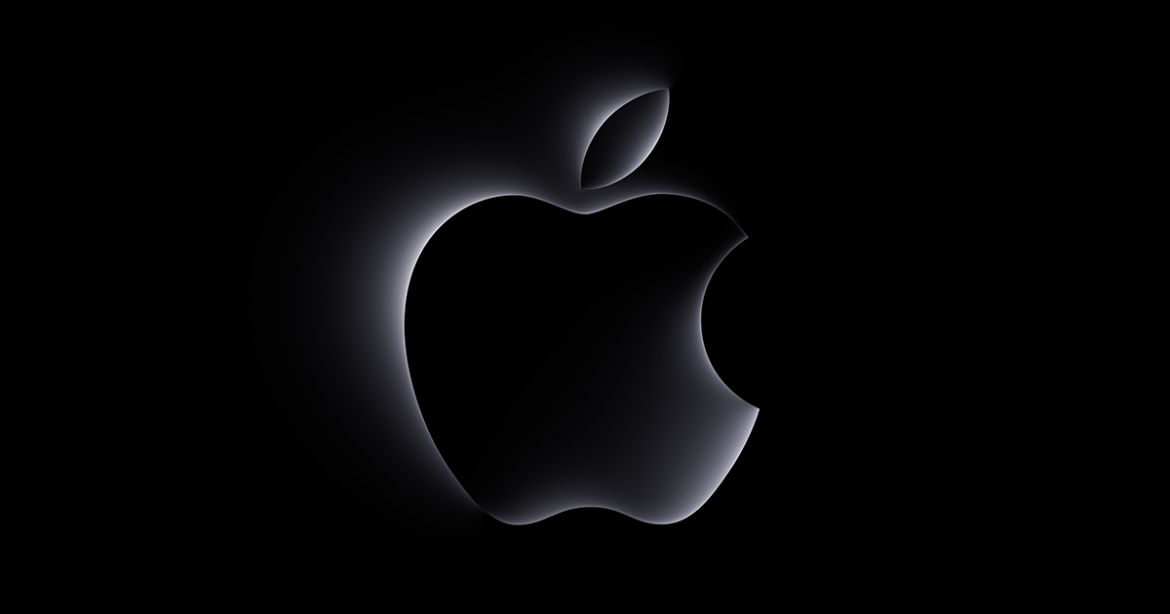Apple is now required to allow developers to post links to other payment methods within their apps. The decision was made during the antitrust lawsuit filed by Epic Games, in the jurisdiction of the state of California. With the Supreme Court rejecting the appeal, Apple guarantees a majority victory over Epic — even if it has to allow the disclosure of other payment methods within the apps.
U.S. District Judge Yvonne Gonzalez Rogers ruled that Apple did not practice a monopoly or violate U.S. antitrust laws. Apple’s only “defeat” was really allowing developers to disclose other payment methods outside the App Store in their apps. That’s nothing compared to the problem of being found guilty of antitrust and monopoly — which could lead to bigger changes to the app store and a huge fine.
From now on, it’s official: developers can advertise their payment methods in their iOS apps. This has been allowed since the California court ruling. However, Apple’s feature request could reverse the release — which is favorable to the devs and hurts Apple.
In addition to denying Apple’s appeal, the Supreme Court also denied Epic Games’ appeal. With that, the big tech sleeps peacefully and the gaming company scores its goal in this 7×1. But of course, this little goal from Epic makes a huge difference for apps.
On all purchases made through the App Store, Apple takes a percentage. This amount varies depending on the size of the company, but is as high as 30% for the largest developers.
While Apple allows the disclosure of payment links in apps, a group of British developers wants compensation of 785 million pounds (Approximately R$ 4.8 billion). The group points out that the amount charged by Apple is excessive and only exists because the company has a monopoly with the App Store.
And on top of that, Apple will be required to authorize the sideloading of apps on its devices. To this end, the company will launch two versions of the App Store: one for Europe and one for the rest of the world.
Sideloading can also arrive in the United States. Apple saved itself from Epic’s lawsuit, but the U.S. Department of Justice continues to investigate a possible monopoly with the App Store.

